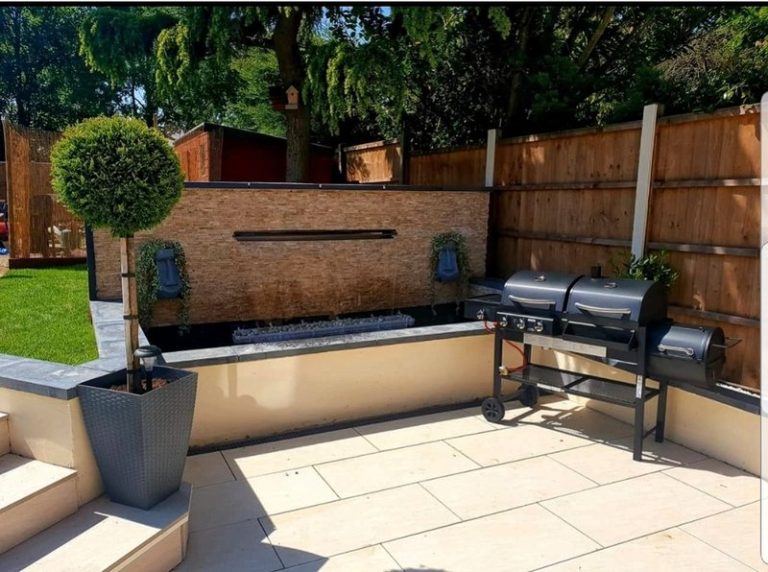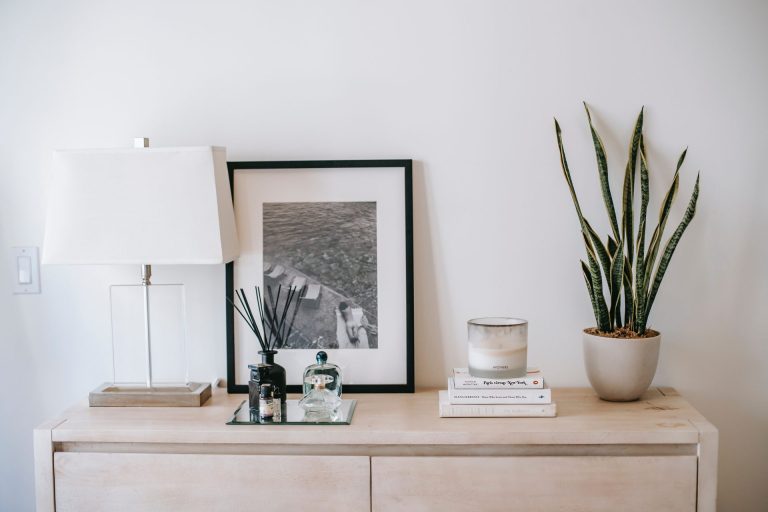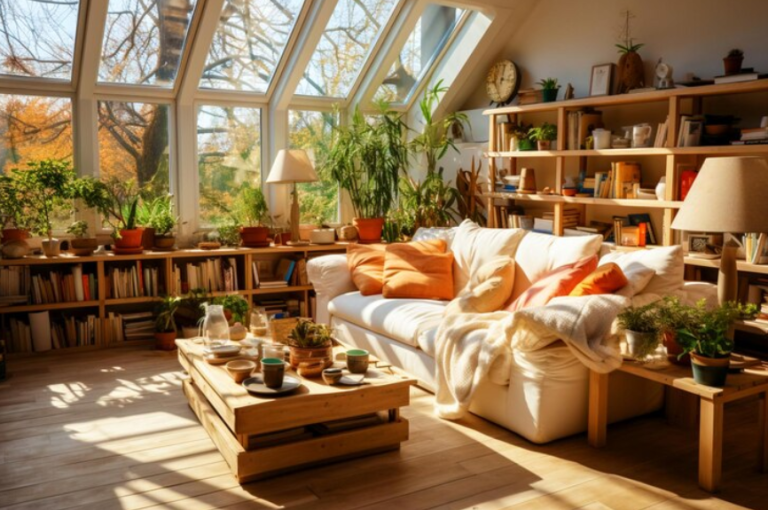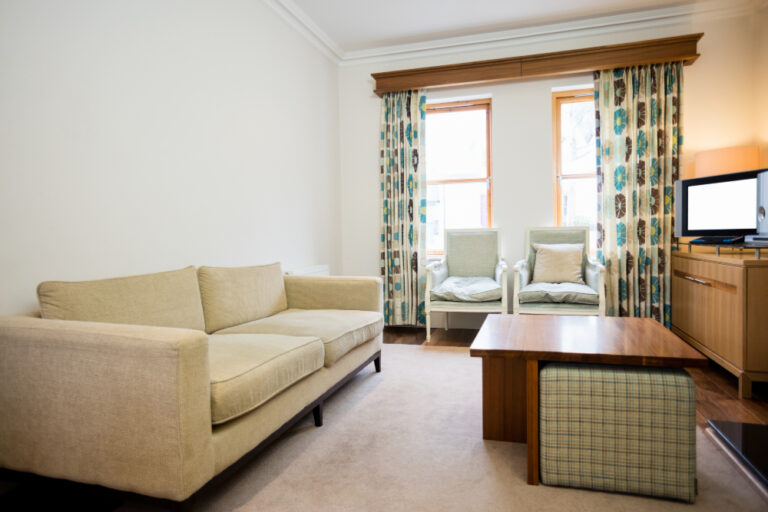Converting a bungalow to a house can be an exciting and rewarding project. Whether you’re expanding your living space or increasing the value of your property, this transformation is a significant undertaking. In this guide, we will walk you through the process, from planning to execution, with a focus on creating a seamless transition.
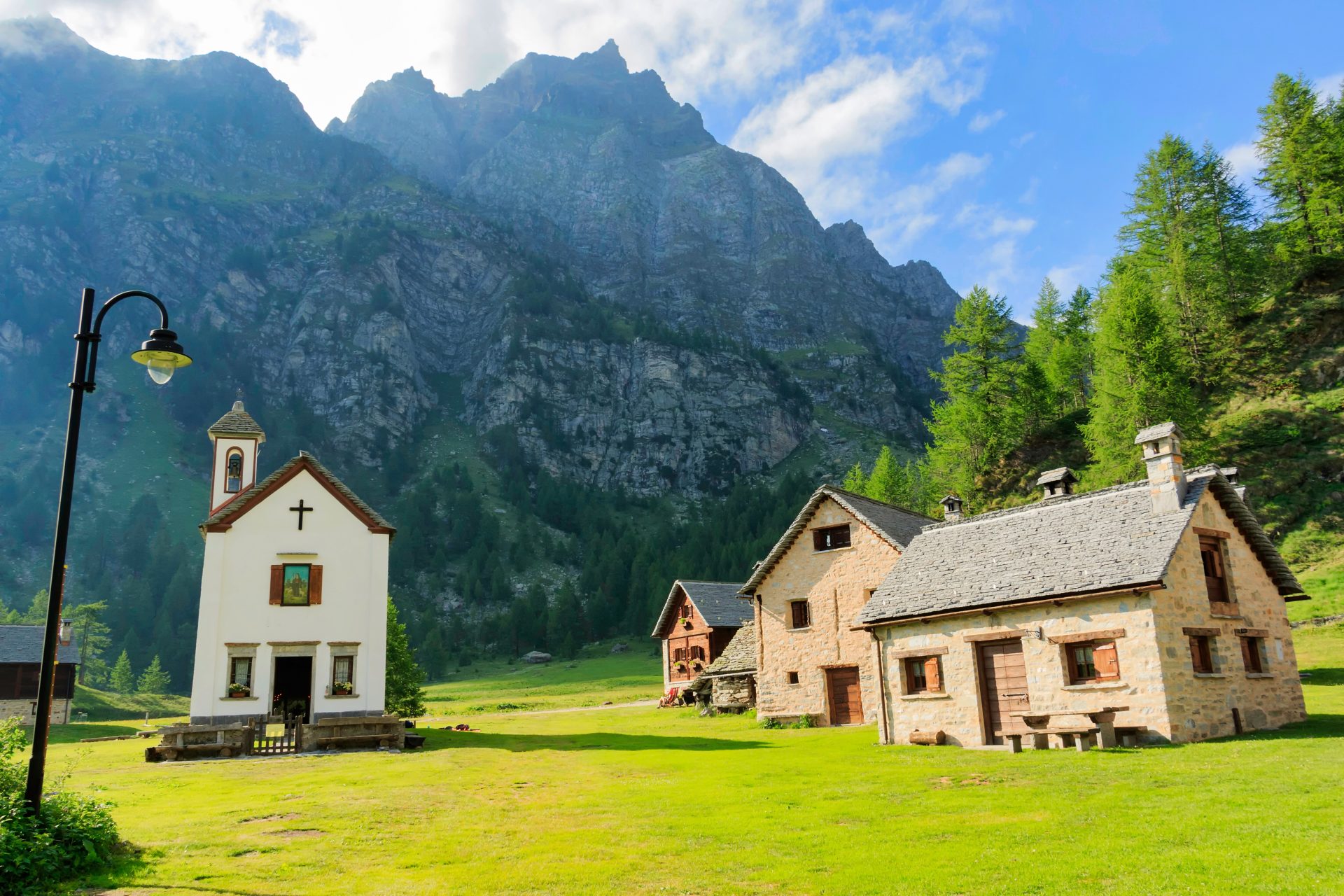
Table of Contents
Converting Bungalow to House: Where to Begin
When it comes to converting a bungalow into a house, meticulous planning is the key to success. Here’s a breakdown of the crucial steps to get started:
Evaluating Your Space
Before diving into any renovations, take a close look at your bungalow’s layout. Assess the available space, room sizes, and the potential for expansion.
Budgeting Wisely
Establishing a realistic budget is essential. Consider all costs, including materials, labor, permits, and unexpected expenses.
Obtaining Permits
Check with your local authorities to determine what permits are required for your renovation project. Compliance with regulations is crucial.
Architectural Plans
Engage with an experienced architect or designer to create detailed plans for your new house layout. Ensure it aligns with your vision.
Structural Considerations
Address any structural issues early in the process. This might include foundation work, load-bearing walls, or roof modifications.
Exterior Facelift
Enhance the curb appeal by updating the exterior. New siding, roofing, and landscaping can breathe life into your project.
Interior Layout
Reconfigure the interior layout to maximize space and functionality. Consider open-concept designs, larger windows, and modern amenities.
Plumbing and Electrical
Update plumbing and electrical systems to meet modern standards. This ensures safety and efficiency.
Flooring and Finishes
Select flooring and finishes that match your style and preferences. From hardwood to tiles, make choices that enhance your new home.
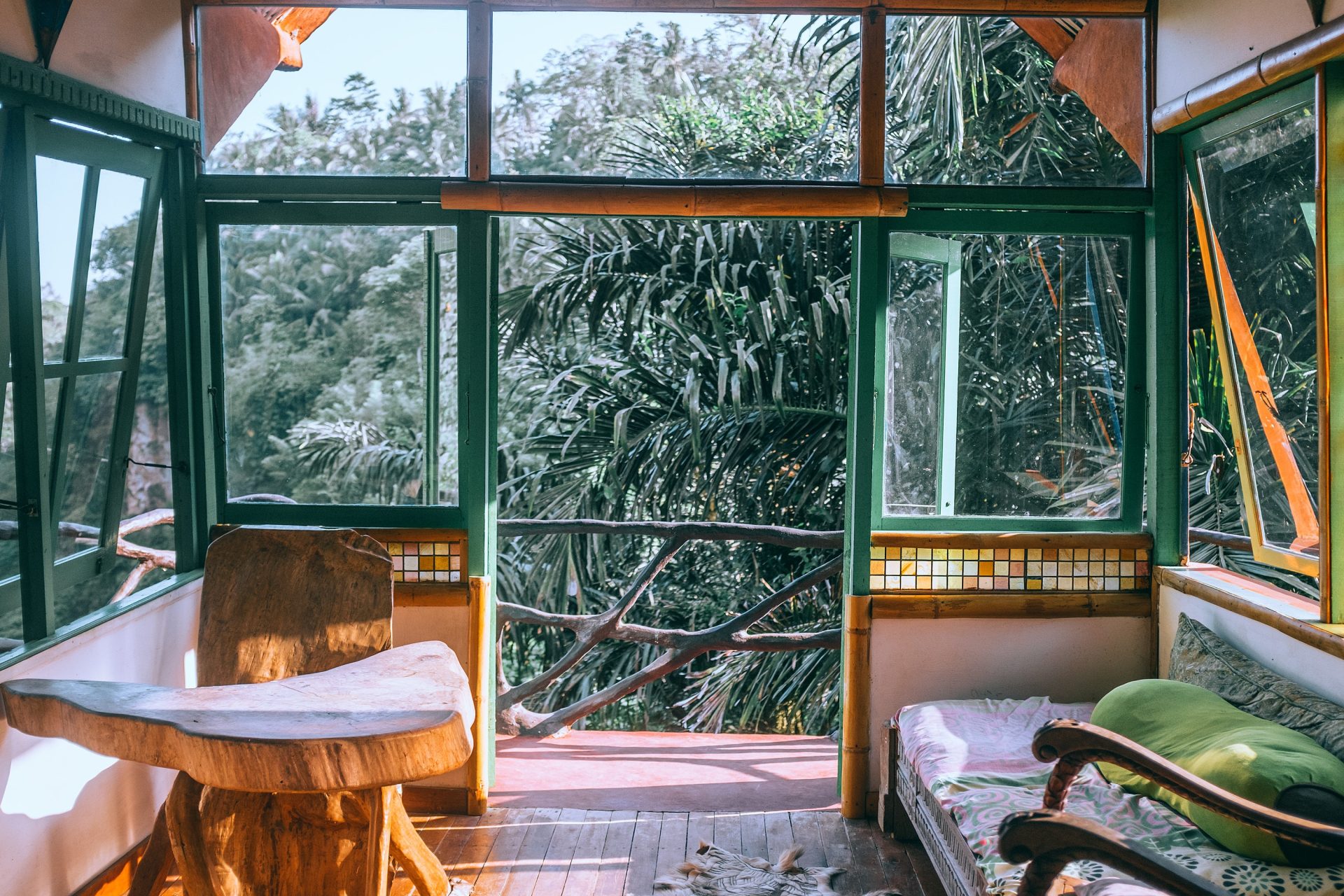
Energy Efficiency
Incorporate energy-efficient solutions such as insulation, double-glazed windows, and LED lighting to reduce long-term costs.
Building Codes
Adhere to building codes and regulations to avoid any setbacks or complications during the renovation.
Project Management
Consider hiring a project manager to oversee the construction and keep everything on track.
Quality Control
Regular inspections and quality checks are vital to ensure the work meets your standards.
Landscaping
Finish your project by landscaping the exterior to complement the new house design.
Maximizing Your Investment
As you embark on the journey of converting your bungalow into a house, consider these additional tips to ensure a smooth and successful renovation:
Utilize Natural Light
One of the most effective ways to enhance your new house’s ambiance is by maximizing natural light. Install large windows or even consider adding skylights to brighten up your living spaces. Well-lit rooms not only look inviting but also contribute to energy efficiency by reducing the need for artificial lighting during the day.
Sustainable Design
Incorporating sustainable design elements is not only environmentally responsible but also a smart investment. Consider using recycled or eco-friendly materials in your renovation. Implementing energy-efficient appliances and fixtures can significantly lower your utility bills while reducing your carbon footprint.
Open-Concept Living
Many homeowners converting bungalows to houses opt for open-concept living spaces. This design choice creates a sense of spaciousness, facilitates natural airflow, and encourages social interaction among family members and guests. An open-concept layout can breathe new life into your home.
Accessibility
Ensure that your renovated house is accessible to everyone, including individuals with mobility challenges. Consider installing ramps, wider doorways, and accessible bathroom fixtures to make your home inclusive and welcoming to all.
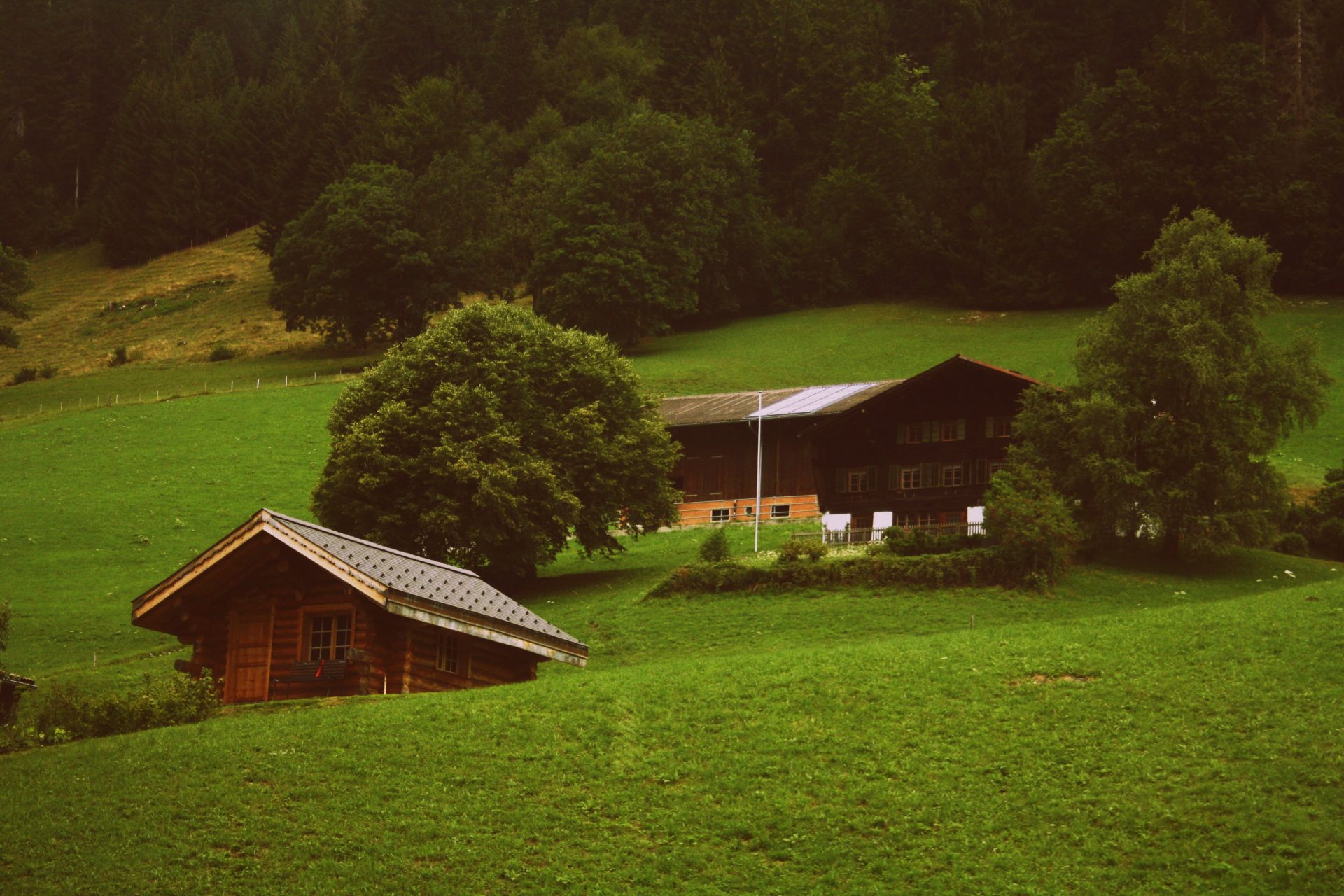
Smart Home Technology
Embrace the future of living by integrating smart home technology into your house. From programmable thermostats to security systems that you can control remotely, these additions can enhance your lifestyle and increase the value of your property.
Quality Contractors
Choosing the right contractors is crucial to the success of your renovation project. Do thorough research, check references, and obtain multiple quotes to ensure you’re working with professionals who understand your vision and can deliver the results you desire.
Keep a Contingency Fund
No matter how well you plan, unexpected expenses can arise during a renovation. Having a contingency fund of around 10% to 15% of your budget will provide peace of mind and financial security in case of surprises.
Personal Touches
Finally, remember to infuse your personality and style into the new house. Whether it’s custom cabinetry, unique wall art, or a color palette that reflects your taste, these personal touches will make your house truly feel like home.
FAQs
How long does it typically take to convert a bungalow to a house?
The timeline can vary depending on the scope of work, but it often takes several months to a year to complete such a renovation.
What is the average cost of converting a bungalow into a house?
The cost varies widely, but it’s essential to have a budget ranging from $100,000 to $300,000, depending on the extent of the project.
Can I live in the house during the renovation?
It’s possible, but it may be more comfortable to find alternative accommodation during the most intensive phases.
Do I need planning permission for interior changes?
Typically, planning permission is not required for interior changes, but it’s essential to check local regulations.
How can I ensure energy efficiency in my renovated house?
Invest in modern insulation, energy-efficient appliances, and consider solar panels for long-term energy savings.
What should I do if I encounter unexpected structural issues?
Consult with a structural engineer to assess the problem and determine the necessary remediation steps.
Conclusion
Converting a bungalow to a house is a significant undertaking that requires careful planning, dedication, and a clear vision. By following these steps and seeking professional guidance when needed, you can transform your bungalow into the house of your dreams. Make your renovation a success, and enjoy the benefits of a more spacious and modern living space.


